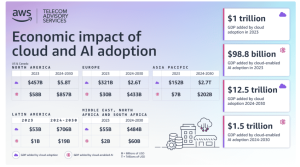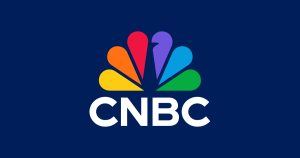The numbers: Another key barometer of the cost of living showed inflation rising at the fastest pace in almost 31 years, underscoring a growing problem for the financial well-being of households and the broader U.S. economy.
The cost of goods and services jumped 0.6% in October, based on the government’s personal consumption expenditure price index. Economists polled by The Wall Street Journal had forecast a 0.4% advance.
The latest increase pushed the surge in inflation over the past year to 5% from 4.4% in September. That’s the highest level since December 1990.
The Federal Reserve views the PCE index as a more accurate measure of U.S. inflation compared to the better known consumer price index. The most recent CPI showed the cost of living rising at a 6.2% yearly rate, also a 31-year high.
A narrower measure of inflation that omits volatile food and energy costs, known as the core PCE, also accelerated 0.4% in October.
The 12-month increase in the core rate moved up to 4.1% from 3.7%. That’s also the highest level since December 1990.
Big picture: Get used to high inflation, at least for a while. A major shortage of supplies and the biggest labor shortage in decades has sharply raised the costs of doing business and force companies to charge higher prices.
The Fed predicts inflation will wane by the middle of next year as supply shortages ease and more people return to work, but the central bank has badly misjudged the rise in prices this year.
Read:The Fed has bet on a future of low inflation. Here’s what could go wrong
Some economists predict it could take a year — or longer — for inflation to return to a level the Fed would consider acceptable. The central bank wants inflation to average 2% a year in the long run, using the PCE gauge as its starting point.
Market reaction: The Dow Jones Industrial Average
DJIA,
and S&P 500
SPX,
fell in Wednesday trades. Stocks have come off recent highs.
This post was originally published on Market Watch






